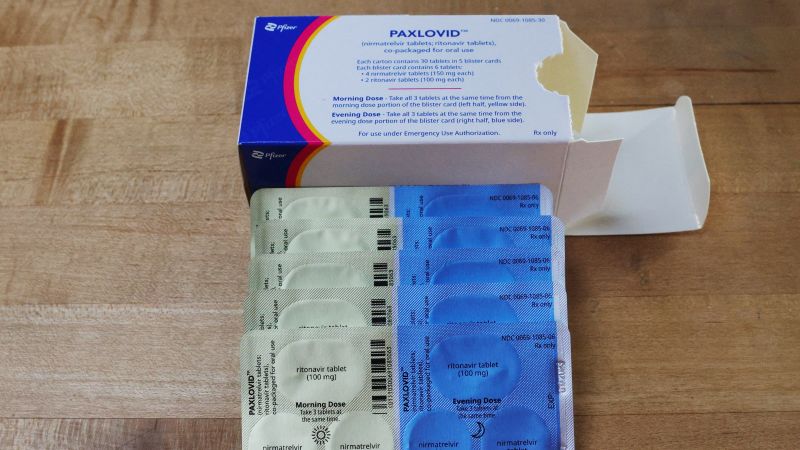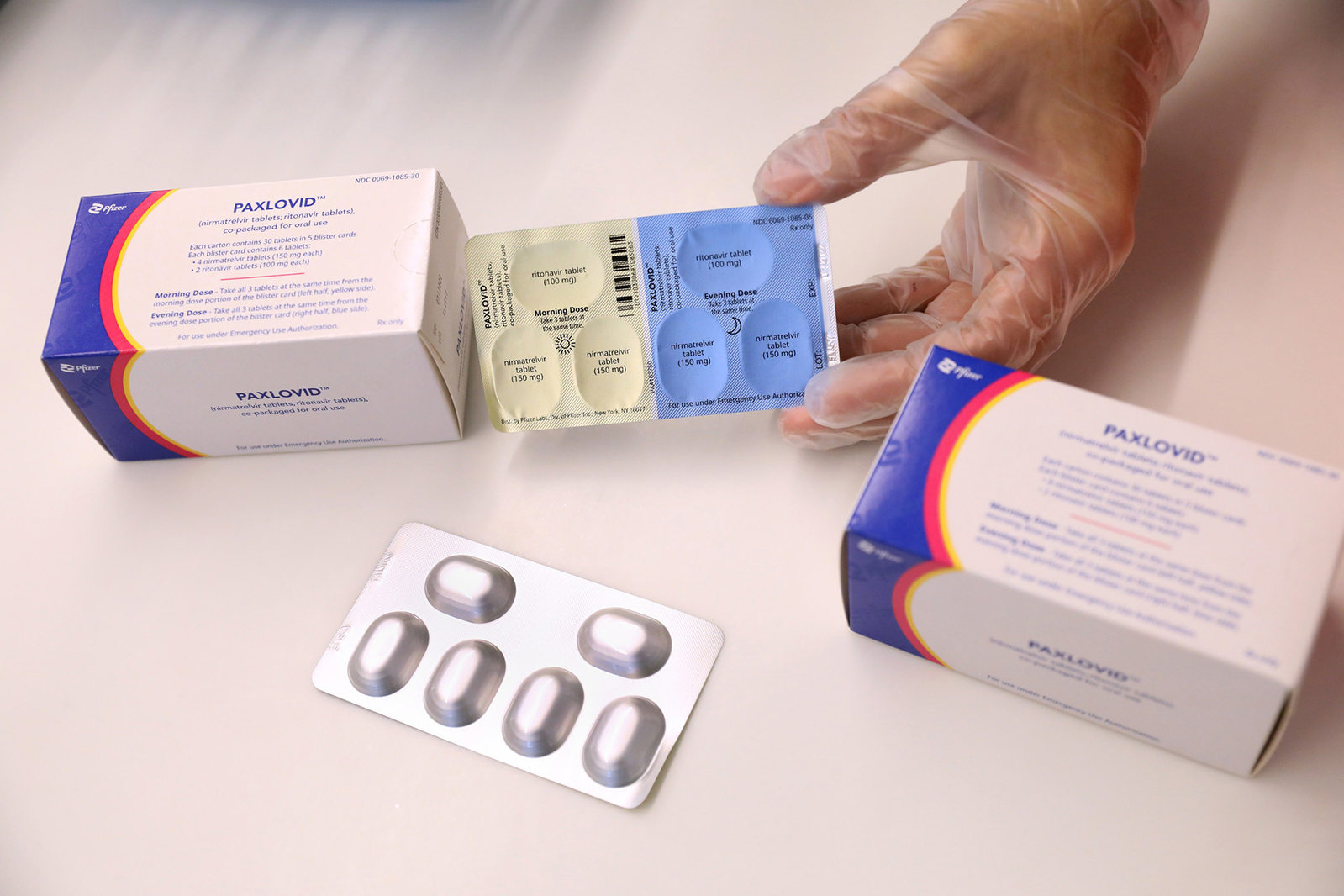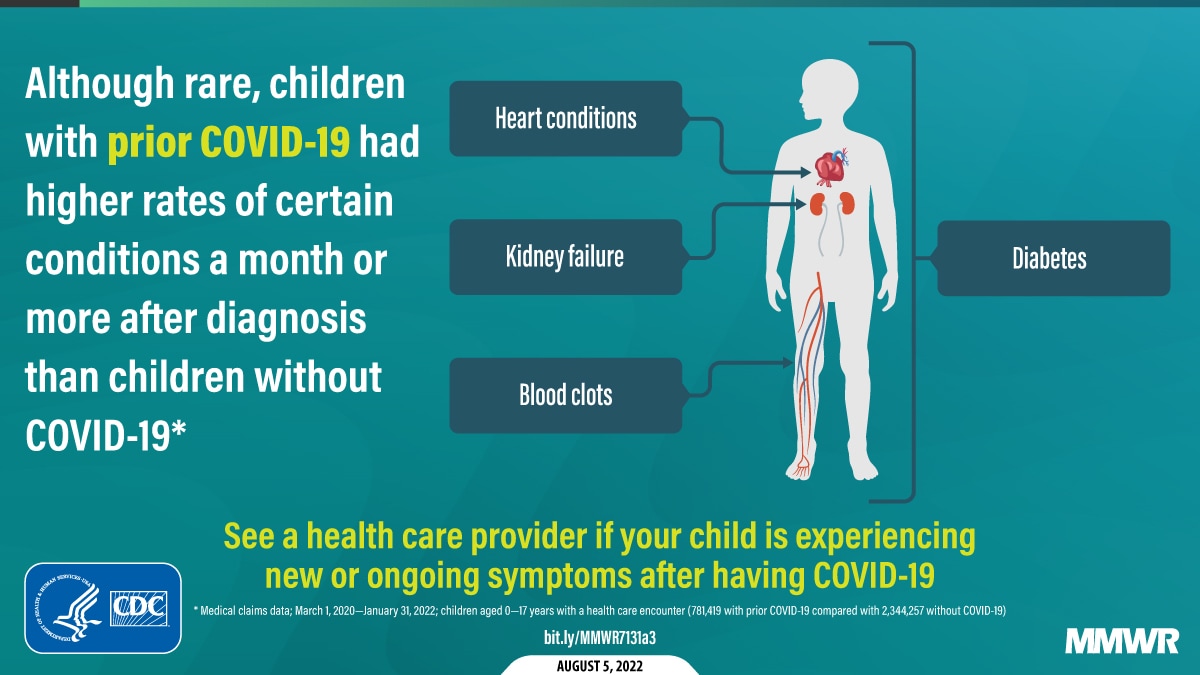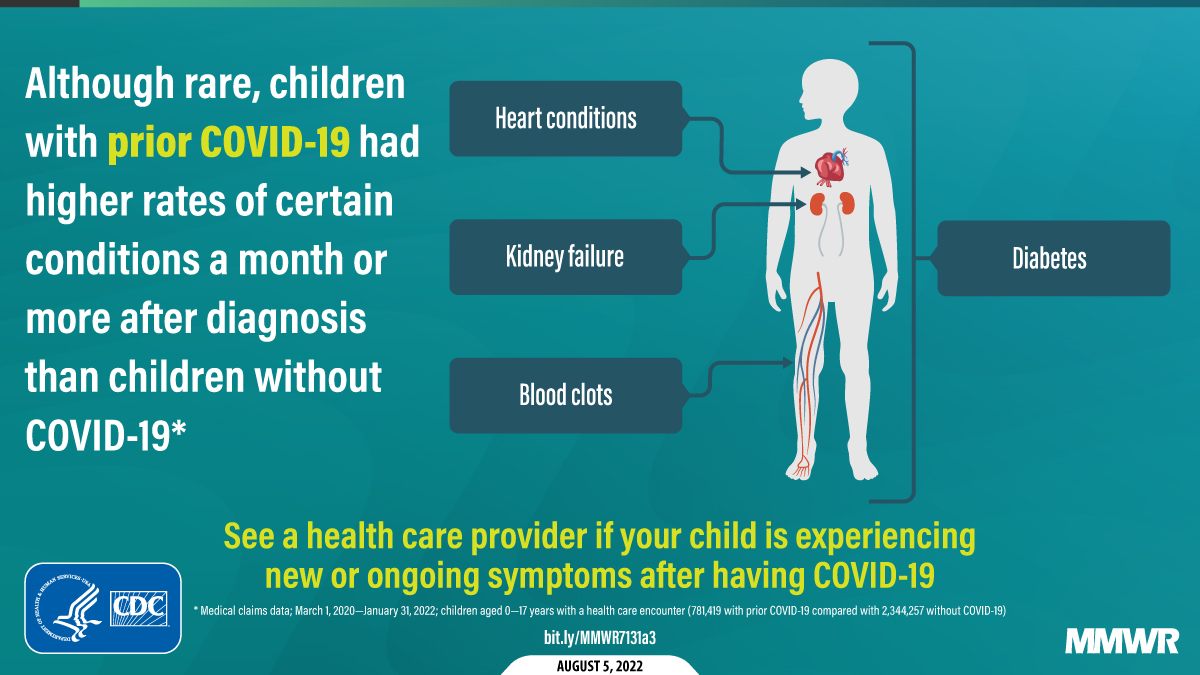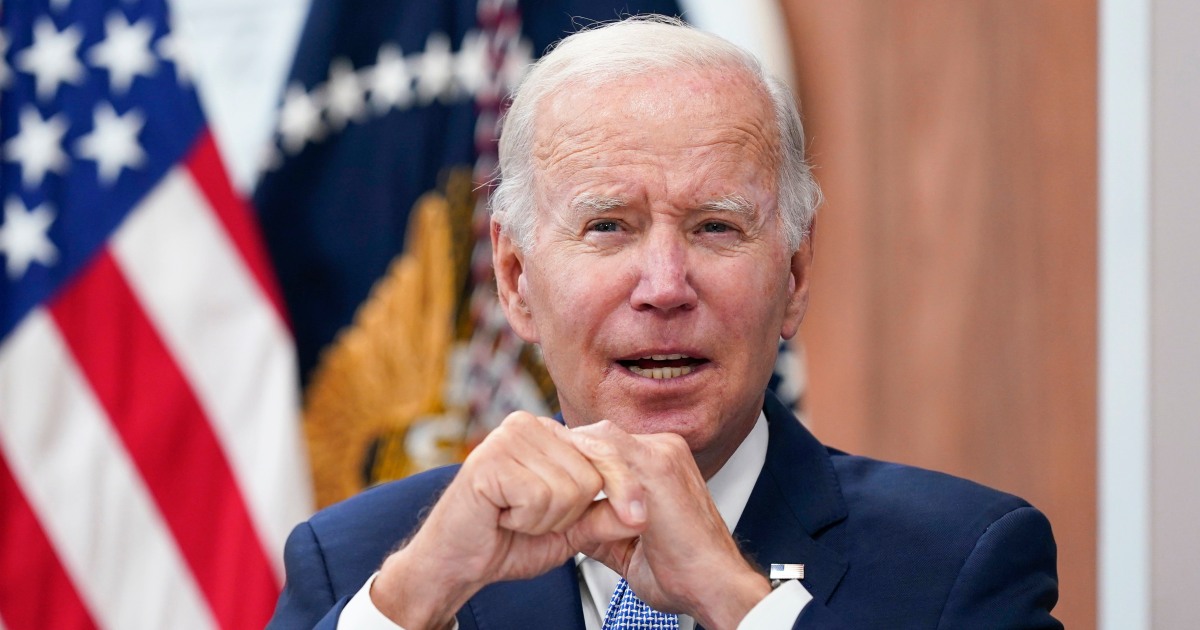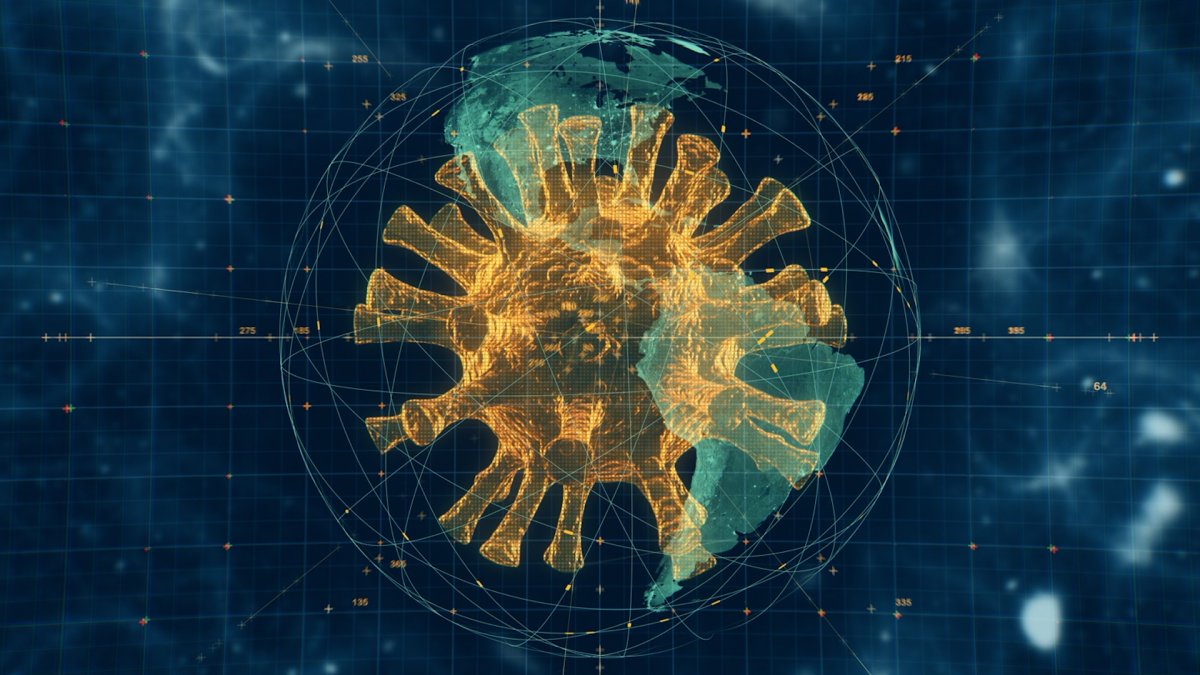MimosaMornings
Well- Known Member
- Joined
- Apr 10, 2018
- Messages
- 7,916
- Reaction score
- 61,755
This COVID Summer Is Nothing Like the Last One — The Atlantic
Boosters are on the horizon, but cases are way up—and have been for months.
<modsnip>
We need multiple approaches to reduce transmission. It’s going bonkers right now, and this is not a sustainable way to coexist with this virus. I’m not saying that people need to have mask mandates forever, but when transmission rates are this high, it is a good idea to think about masking, to think about testing more often, paying attention to who is up-to-date on their vaccines and making sure that our approaches are complementing each other. We still have huge issues with access to Paxlovid, access to tests, access to everything.”
Last edited by a moderator:




